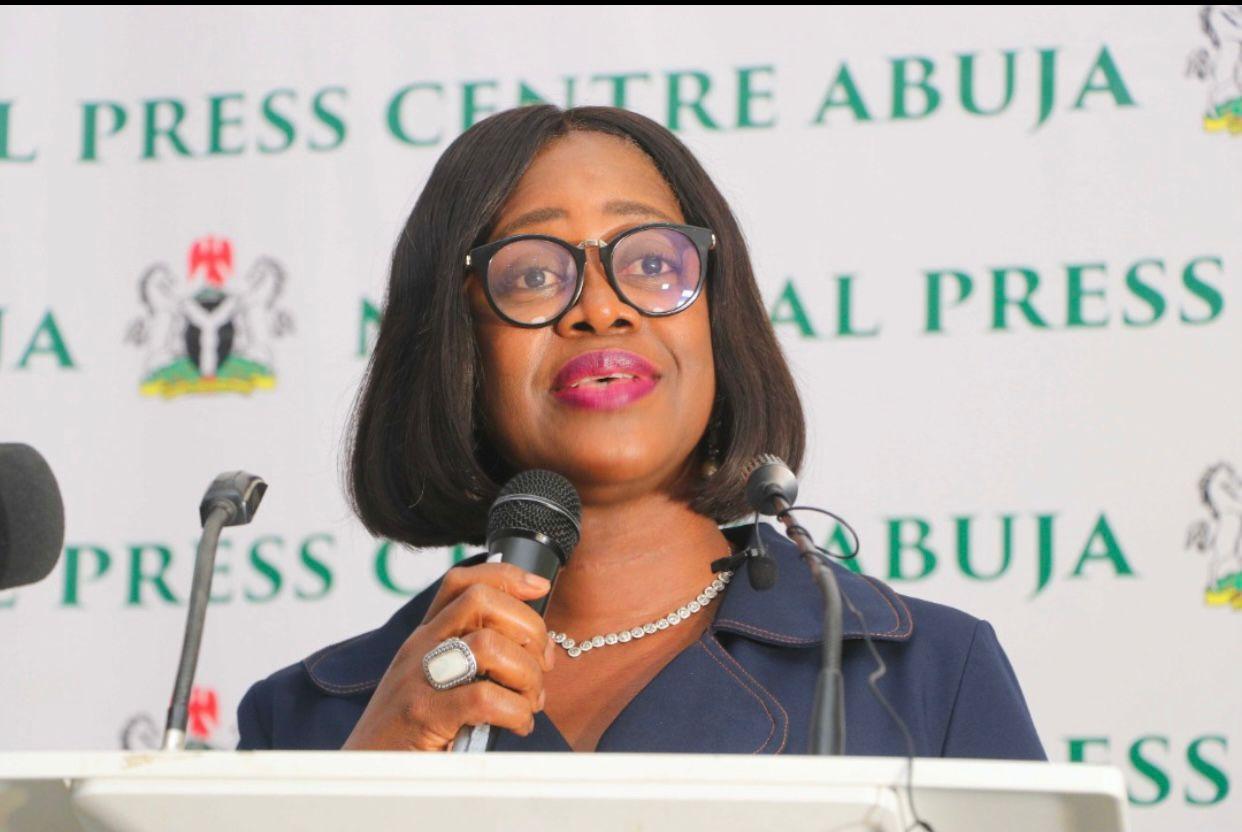Gender Balancing: PR, Media Practitioners Tasked On Advocacy.
Key stakeholders in the media industry have been urged to join advocacy for gender balancing, inclusion and fairness for the promotion of socio-economic development in the country.
Head, Media and Public Relations at the Nigerian Communications Commission (NCC), Mrs. Grace Ojougboh made the call while delivering a paper on gender balancing and fairness at the March 2022 monthly meeting of the Nigerian Institute of Public Relations (NIPR), Abuja Chapter at the National Press Centre, Radio House, Abuja.
Speaking to the NIPR members, on a paper titled: “Achieving Gender Equality In Nigeria: The Role Of Public Relations”, Ojougboh perceptively re-awakened the consciousness of the audience to the often-misconstrued concept of feminism while taking pragmatic look at how this concept should be understood by all to actualise the lofty desire of maximizing the innate potentials of female gender towards achieving greater developmental goals in the society.
She equated feminism with the philosophical aspiration for gender equality as a fundamental human right, which also finds concrete expression in the Goal Five of the Sustainable Development Goals (SDGs) centering on gender equality and empowerment of all women and girls with the hope to end all acts of discrimination against the female gender.
Ojougboh who noted with copious instances, that, till date, issues pertaining to women gender has not always received the expected attention, whether by government, parents, the media, communication professionals; traditional and religious leaders, added that there was need for a change of narrative with respect to how issues pertaining to gender balancing and fairness are effectively mainstreamed into Nigeria’s developmental drive.
According to her, the continuous imbalance in women participation in politics and governance and all the sectors of the economy is glaring, as she submitted that, women are given almost no opportunity to participate in politics and in other spheres of life, this is in spite of the advocacy and call for inclusion and the strategies by various international agencies to reduce gender inequality to the barest minimum.
“Only recently, bills seeking gender equality were rejected by the National Assembly. Appointments across parastatals are dominated by men, this has got to change. If we want economic growth, we must include women, women are transformational agents. We need much more that 35 per cent affirmative action,” she said.
She stated that the fact that women represent about 50 per cent of Nigerian population, according to a 2020 report, means that Nigeria, as a country, cannot afford to neglect the wisdom and the capability of this group and the contribution that women can bring to make Nigeria a truly prosperous nation.
Justifying the need for media/Public Relations practitioners to be at the forefront of driving the narrative for gender balancing, Ojougboh cited an empirical study on media and gender inequality in Nigerian politics, which found that women were denied fair access to the media just as the study also identified media bias in the coverage of female news stories.
She said the findings of the study is a wake-up call that media and Public Relations practitioners have a whole lot to do in the fight for gender balancing in Nigeria. “We need to understand our social responsibility as perception drivers to promote unity, social cohesion, gender balancing/equality and the fundamental human rights of every Nigerian,” she said
Ojougboh also tasked them to be deliberate and intentional about their communication such that it builds understanding, trust, and acceptance and becomes a win-win for men and women alike and all who desire to see equal representation of men and women across all sectors of the society.
“As Public Relations practitioners, we must help to create gender-sensitive and gender-transformative content that will change perceptions and break gender stereotypes. We must use every available medium to challenge traditional and cultural norms and attitudes that demean womanhood and does not serve humanity,” she said.


